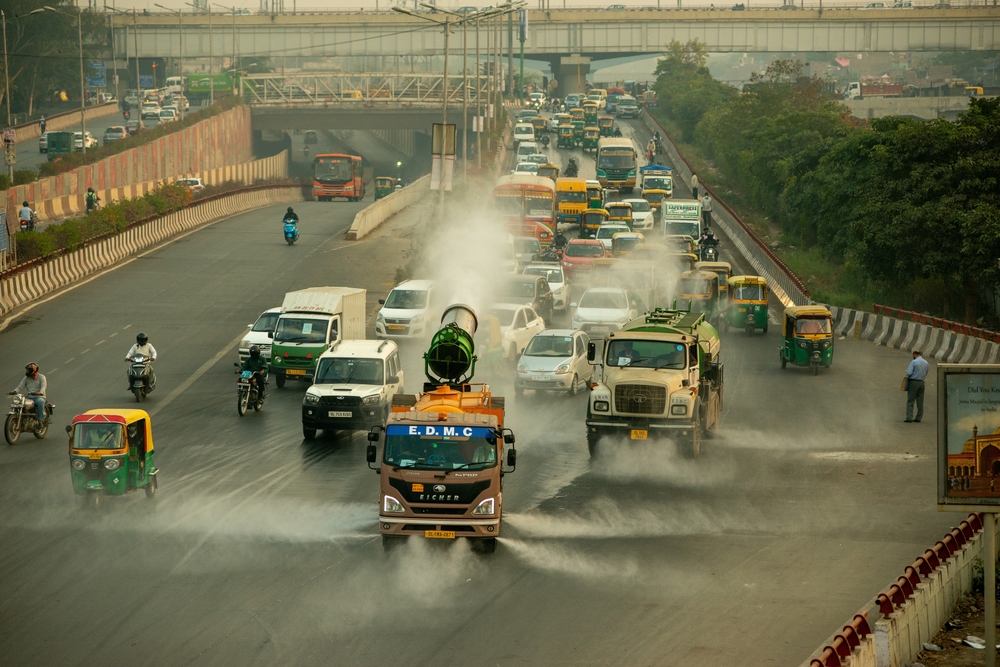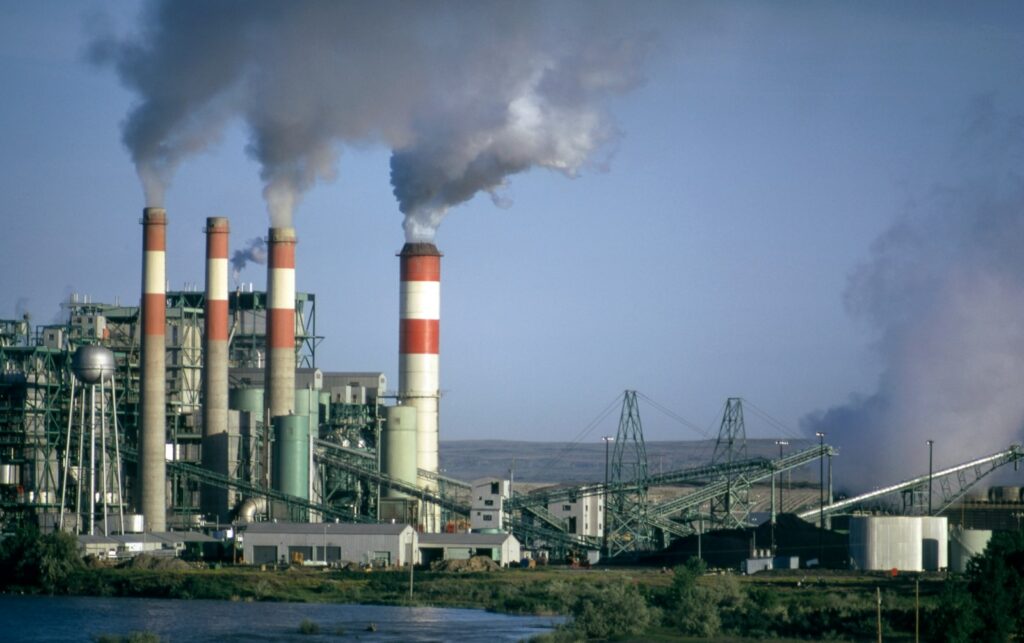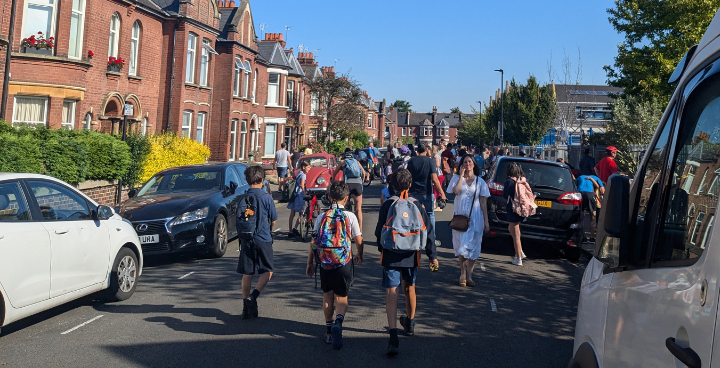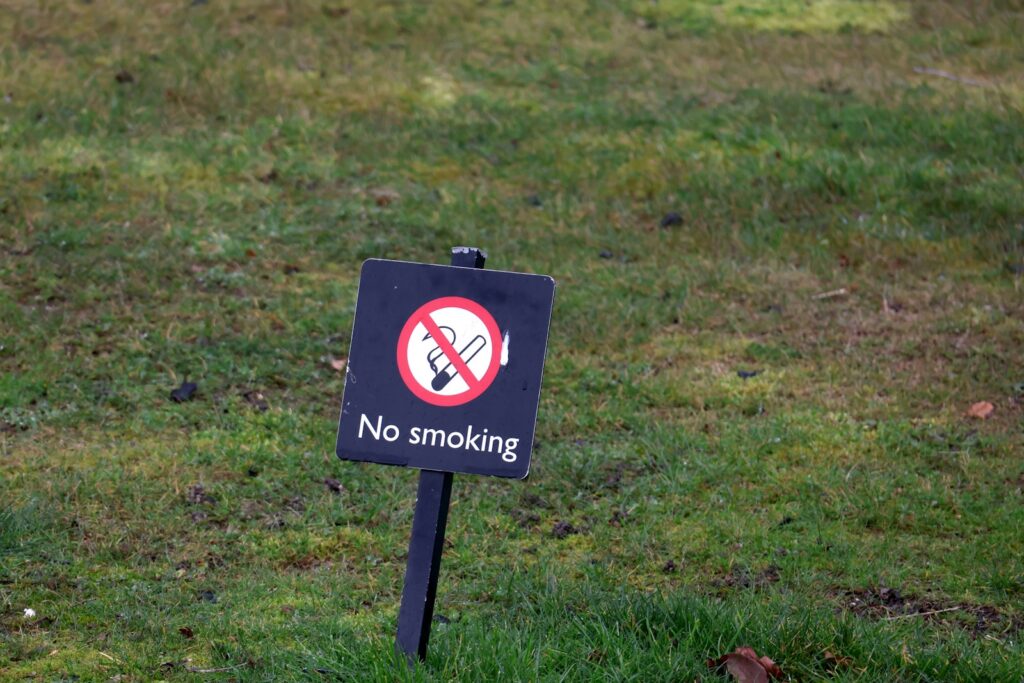New analysis by Asthma + Lung UK shows that in some of the most polluted parts of England, specifically Greater Manchester, West Midlands, West Yorkshire and Liverpool, 40% of schools are situated within 500m of a busy and heavily polluted main road.
The analysis identified which areas within the four regions had the highest modelled NO2 levels, then schools within areas these concentrations covered were located, so these are modelled estimates of NO2 concentrations within a 1km radius, rather than measurements taken directly outside the schools.
While the West Midlands dominated the top ten, Kearsley Academy in Bolton topped the list. The school is 0.4 miles from a major A-road where the modelled NO2 level, is 3.9 times the WHO limit.
A total of eight schools in the top ten are from the Birmingham area but only one of those is located in the city’s Clean Air Zone.
Asthma + Lung have commissioned a report from Ricardo which has been published today. The report finds that encouraging and facilitating the switch to cleaner modes of transport is both healthy and economically beneficial.
The charity is now calling on the government to introduce its proposed Cleaner Travel Access Fund – a targeted support package to help people make cleaner transport choices. The range of greener travel options proposed includes mobility credits towards public transport and helping drivers update their cars to electric vehicles with a £3,000 grant per eligible household. This scheme will help the poorest people in our society who are the most exposed to air pollution and those with long-term health conditions access affordable cleaner travel options.
Ricardo looked at the economic and social impact of implementing the Cleaner Travel Access Fund (CTAF) in the four regions and found that the economic value of the health benefit that such a fund could deliver is £254m per year if implemented across England. For every £1 invested in the scheme by central government, they would anticipate an economic payback of £2.50 for society. These tangible benefits include productivity gains from reducing the number of employee workdays missed and pupil absences from school due to the associated health impacts of air pollution. NHS coffers benefit too: cutting patient care costs and providing greater value for money at a time when budgets are squeezed.
Greater Manchester would draw the greatest benefit from adopting this scheme compared to other regions, resulting in the largest modelled reductions of NO2, especially in the most deprived parts with the highest proportion of children.
Jo Pond, 41, is a mother of two who lives in Manchester, whose asthma is triggered by the city’s high levels of pollution. She said: ‘I’ve experienced the harmful effects of air pollution first-hand. I live in Northenden, a neighbourhood that borders both the M56 and M60 motorways in Manchester. Exhaust fumes make my asthma symptoms much worse, leaving me coughing, wheezing and fighting for breath. I’ve been in and out of hospital with asthma attacks recently, and it’s sadly meant I’ve had to quit my 20-year teaching career because my condition has made it harder for me to work.
‘One of my main concerns is the proximity of schools in our area to busy roads and motorways, and the impact it can have on our children’s health. I worry about the cumulative effects of these high levels of pollution on my children and their classmates. My kids have witnessed my asthma attacks over the years and the stressful ambulance rides, and it’s taken an emotional toll on them. It’s heart-breaking to see them go through this, and our experience as a family, highlights the urgent need for cleaner air in our city.’
Sarah Woolnough, CEO of Asthma + Lung UK, said: ‘Every child deserves the best start in life, but for children living in some of the most polluted parts of England, just going to school can expose them to toxic air. It’s time to end the politics on pollution and focus on what matters most: our children’s health. We have the solutions to clean up the air, we need leaders to show political courage and introduce them. By not delivering on bold actions for better air quality, in regions such as Manchester, we are failing our children. Meanwhile, the big picture continues to look bleak as levels of air pollution in many areas are worsening or stagnating. Given the scale of the problem, we need further action.
‘Clean air is not an unaffordable luxury; it’s a necessity. There is now a compelling economic case for taking immediate action on air pollution as our report has clearly laid out. Where we’ve seen bold action and political leadership, pollution is on a downward trend, while the reverse is true in areas like Manchester. No more flip flops, policy U-turns or broken promises, we need to tackle air pollution head on. That’s why we are calling on the UK government to set out a national programme to switch to cleaner travel, so that the poorest communities get support to trade in their polluting vehicles.’
Matt Towner, Programme Director of the Health effects of air pollution programme at Impact on Urban Health, said: ‘Air pollution is a social justice issue. Every day children are breathing toxic air that could have life-long consequences for their health. That’s unfair and unacceptable. It’s also unfair that it’s people on lower incomes and people from minoritised communities are disproportionately affected by air pollution.
‘This report adds to wider evidence that shows that action on air pollution benefits not just our health, but our economy. Read alongside Asthma + Lung UK’s earlier work on cleaner travel, the report provides an invaluable roadmap for creating a cleaner, fairer transport system, ultimately to improve people’s lives, and protect children from air pollution.’


















The alarming levels of air pollution near schools, as highlighted in this article, underscore the urgency of addressing environmental health risks. In parallel to promoting cleaner transportation, as the article suggests, we should also consider the role of heating and cooling systems in schools. For instance, upgrading to more energy-efficient and less polluting heating systems can significantly reduce indoor air pollution, enhancing the health and well-being of our children.